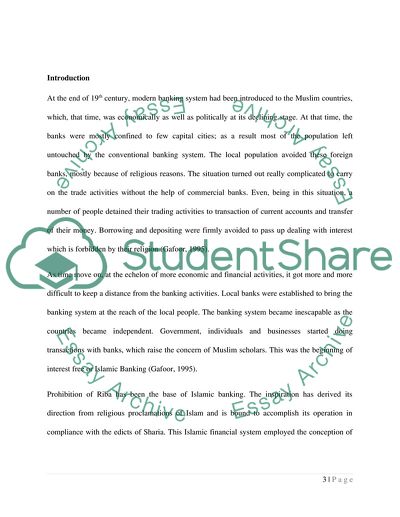Cite this document
(The Concept of Islamic Banking Term Paper Example | Topics and Well Written Essays - 2500 words, n.d.)
The Concept of Islamic Banking Term Paper Example | Topics and Well Written Essays - 2500 words. Retrieved from https://studentshare.org/finance-accounting/1733774-islamic-banking-mohd
The Concept of Islamic Banking Term Paper Example | Topics and Well Written Essays - 2500 words. Retrieved from https://studentshare.org/finance-accounting/1733774-islamic-banking-mohd
(The Concept of Islamic Banking Term Paper Example | Topics and Well Written Essays - 2500 Words)
The Concept of Islamic Banking Term Paper Example | Topics and Well Written Essays - 2500 Words. https://studentshare.org/finance-accounting/1733774-islamic-banking-mohd.
The Concept of Islamic Banking Term Paper Example | Topics and Well Written Essays - 2500 Words. https://studentshare.org/finance-accounting/1733774-islamic-banking-mohd.
“The Concept of Islamic Banking Term Paper Example | Topics and Well Written Essays - 2500 Words”, n.d. https://studentshare.org/finance-accounting/1733774-islamic-banking-mohd.


